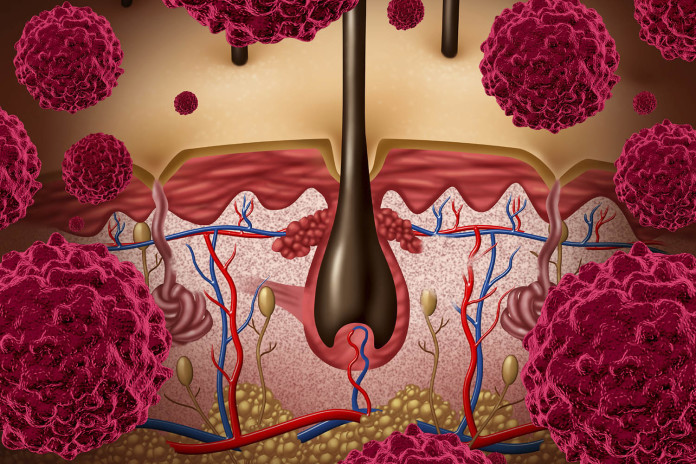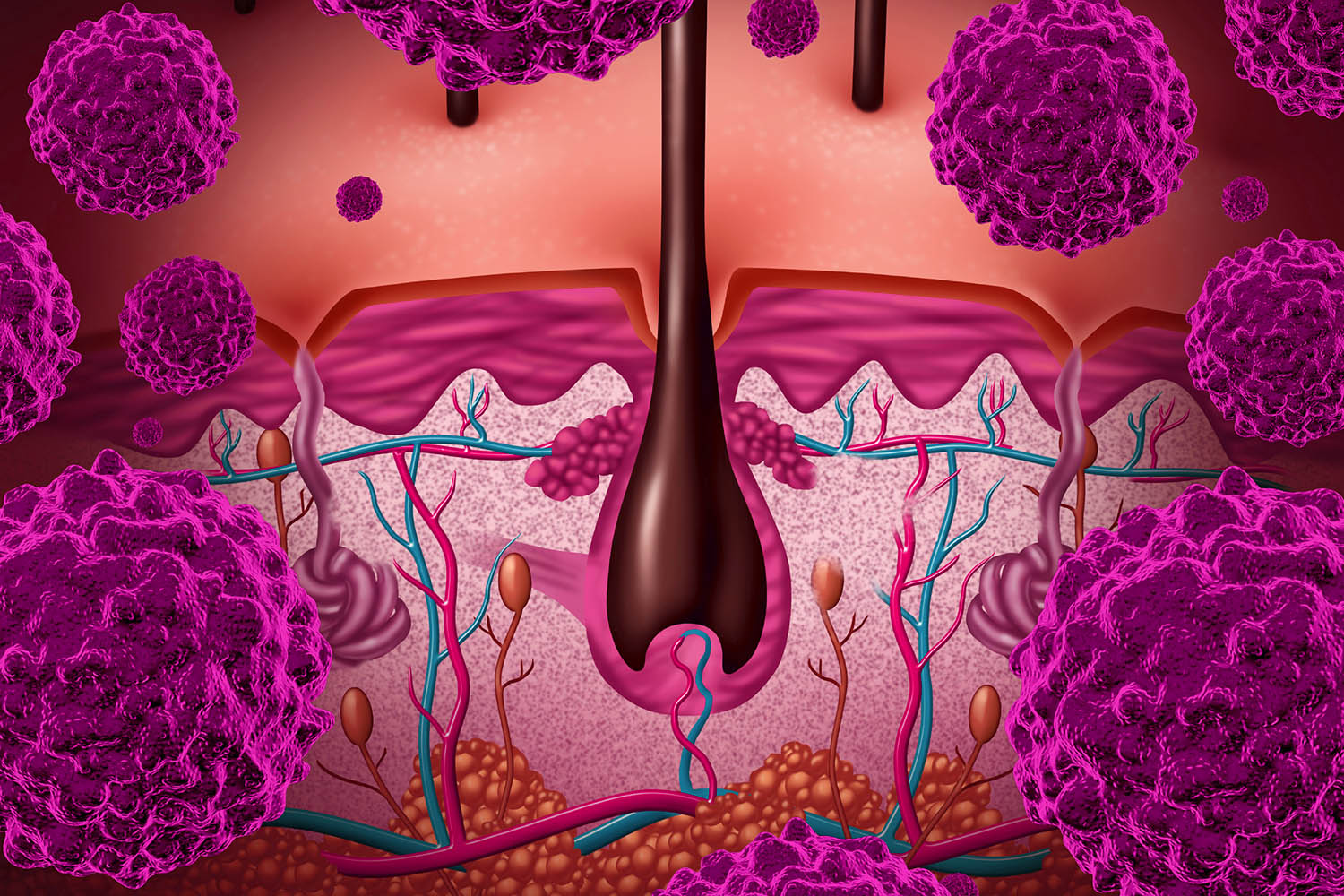
The U.S. Food and Drug Administration has approved a new therapy treatment for skin cancer, specifically metastatic melanoma. The drug combination, which was partly developed at UCLA, has shown promise in treating this kind of skin cancer or melanoma without causing a secondary skin cancer.

This combination of drugs has a very high success rate particularly for patients with a BRAF mutated melanoma with lower risk of adverse side effects. The drugs have been tested at UCLA and in 135 other sites around the US, Europe, Australia and Russia.
Skin Cancer Treatments Are Scarce
The drug vemurafenib, also known as Zelboraf, was combined with cobimetinib, or Cotellic, and given to 495 patients with BRAF V600, a mutation-positive advanced skin cancer or melanoma. Patients saw such a tremendous improvement that the study was continued, and the FDA granted it Priority Review status, which led to the drug being approved.
These New Treatment Prevents Secondary Skin Cancer From Forming
Currently, 70,000 Americans are diagnosed with skin cancer or melanoma per year, and 8,000 of these people die from the disease. Half of the Americans diagnosed have a mutated proten called a BRAF mutation, which is treated with vemurafenib. By combining it with cobimentinib, not only does the drug therapy block the signal for the melanoma to grow as a cancer, but it can also prevent any other skin cancers from forming.

















